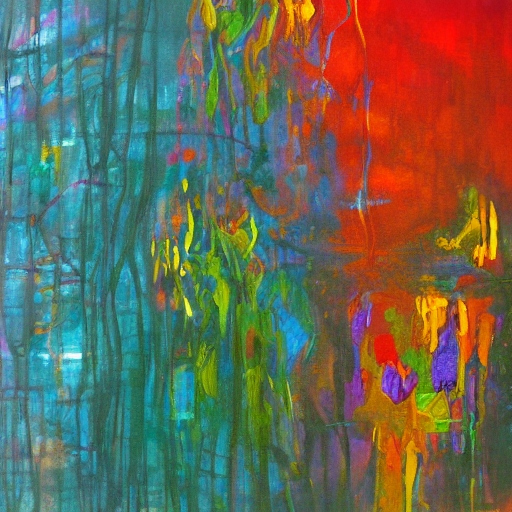
In today's world, where extreme socio-political discord is happening both in the United States and globally, finding equanimity can seem impossible. Many of us grapple with deep despair brought on by a relentless stream of disheartening news: threats of violence from right-wing extremists, tragic mass shootings in schools and places of worship, dissolution of government services, and the erosion of rights for women and minority groups. As we confront these issues, it becomes increasingly evident that the fabric of our society is falling apart. In the United States, polarizing ideologies, racial tensions, and economic disparities have fueled division and distrust. The rise of populist movements and the erosion of democratic norms cast doubt on the promise of a fairer society.
Globally, conflicts, instability, and uncertainty abound. From the plight of refugees escaping war-torn regions to the looming threat of climate change, humanity faces unprecedented challenges. The resurgence of authoritarianism, the spread of extremist ideologies, and the specter of nuclear proliferation add to the sense of apprehension about our planet's future.
Yet, in the face of such upheaval and suffering, personal equanimity becomes crucial. Equanimity isn't about passively accepting the status quo; it's about actively engaging with the world as it is. It calls on us to confront the shadows within our collective psyche—fear, anger, and divisiveness—with courage, compassion, and wisdom.
The practice of Chan encourages us to cultivate a deep awareness of the present moment, free from the distortions of fear and anticipation. Through mindful breathing and meditation, we can observe the fluctuations of our own minds—the ceaseless chatter of thoughts and emotions—with compassionate detachment.
Looking inward, at the heart of equanimity lies the recognition of impermanence—the truth that all phenomena are transient and interconnected. Sociopolitical systems rise and fall, ideologies come and go, yet beneath the flux lies the unchanging essence of being. Embracing impermanence liberates us from attachment to fixed outcomes and rigid ideologies and frees us from the torment of fear.
Looking outward, socio-political turmoil often stems from the polarization of opposing viewpoints. Deep listening, cultivated through meditation practices, serves as an antidote to discord. By suspending judgment and ego, we can empathetically attune ourselves to the experiences and aspirations of others, bridging the gap of separation with mutual respect and appreciation for our shared humanity.
For afficionados of Chan, equanimity isn't just an abstract ideal; it's a lived practice. It invites us to reconcile discordant elements within ourselves and the world, transforming challenges into opportunities for growth and understanding. With compassion as our compass and wisdom as our anchor, we can strive to navigate the currents of our time with grace and resilience. With applied effort, we can find calm and stillness by embracing Chan Mind.
